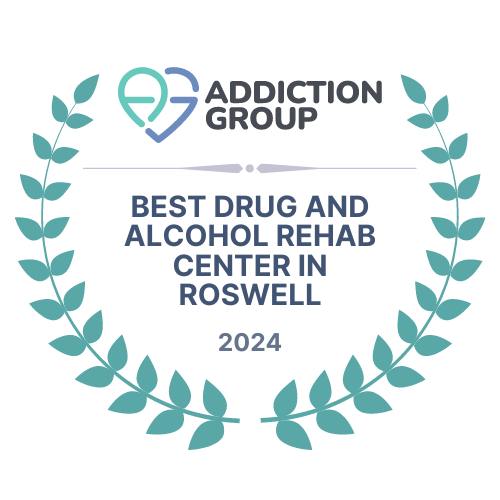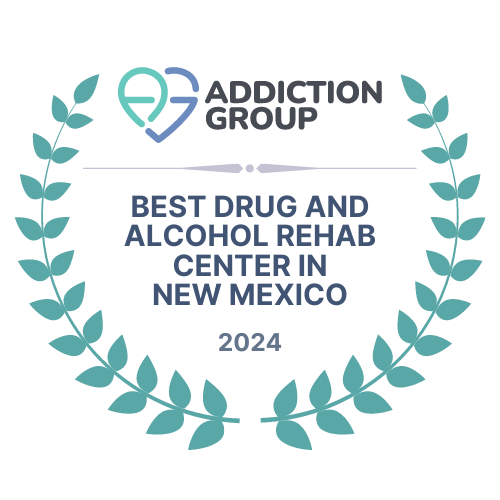Sleep is a crucial component of overall health and well-being, and its importance is magnified in addiction recovery. Substance use disorders often lead to disrupted sleep patterns, which can exacerbate physical and mental health issues. Restoring healthy sleep patterns is essential for successful recovery and long-term well-being. This comprehensive guide explores the relationship between sleep and addiction, the challenges of sleep disruption in recovery, and practical strategies for improving sleep quality.
The Impact of Addiction on Sleep
Substance use can significantly disrupt sleep patterns, leading to a range of sleep-related issues:
- Insomnia: Difficulty falling asleep, staying asleep, or waking up too early is common among individuals with substance use disorders. Insomnia can be exacerbated by withdrawal symptoms and anxiety.
- Sleep Apnea: Substance use, particularly alcohol and opioids, can contribute to sleep apnea, a condition characterized by interrupted breathing during sleep.
- Restless Leg Syndrome (RLS): Substance withdrawal, especially from opioids, can cause RLS, leading to uncomfortable sensations in the legs and an urge to move them, which disrupts sleep.
- Nightmares and Night Terrors: Individuals in recovery may experience vivid dreams, nightmares, or night terrors, particularly during the withdrawal phase.
- Poor Sleep Quality: Even if individuals manage to sleep, the quality of sleep may be poor, leading to feelings of fatigue and unrestedness.
The Importance of Sleep in Recovery
Quality sleep is vital for successful addiction recovery for several reasons:
- Physical Healing: Sleep is essential for physical recovery and healing. It helps repair damaged tissues, boosts the immune system, and restores energy levels.
- Mental Health: Adequate sleep supports mental health by reducing symptoms of anxiety and depression, improving mood, and enhancing cognitive function.
- Emotional Regulation: Sleep plays a crucial role in emotional regulation, helping individuals manage stress, emotions, and cravings more effectively.
- Relapse Prevention: Poor sleep can increase the risk of relapse by exacerbating cravings, reducing impulse control, and impairing decision-making.
Challenges of Sleep Disruption in Recovery
Individuals in recovery may face several challenges related to sleep:
- Withdrawal Symptoms: Withdrawal from substances can cause significant sleep disturbances, including insomnia, nightmares, and restless sleep.
- Mental Health Disorders: Co-occurring mental health disorders, such as anxiety and depression, can further disrupt sleep patterns.
- Lifestyle Changes: Adjusting to a new, substance-free lifestyle can be challenging and may disrupt established sleep routines.
- Stress and Anxiety:
The stress and anxiety associated with recovery can make it difficult to relax and fall asleep.
Practical Strategies for Improving Sleep Quality
Improving sleep quality is crucial for supporting recovery and overall well-being. Here are some practical strategies for enhancing sleep:
- Establish a Sleep Routine: Set a consistent sleep schedule by going to bed and waking up at the same time every day, even on weekends. Consistency helps regulate the body’s internal clock.
- Create a Sleep-Conducive Environment: Make your bedroom a comfortable and relaxing space. Use blackout curtains, maintain a cool temperature, and minimize noise and light disruptions.
- Limit Stimulants: Avoid caffeine, nicotine, and other stimulants close to bedtime. These substances can interfere with the ability to fall asleep and stay asleep.
- Avoid Alcohol and Drugs: Refrain from using alcohol and drugs as sleep aids. While they may induce drowsiness initially, they disrupt sleep patterns and reduce sleep quality.
- Develop a Relaxation Routine: Establish a pre-sleep routine that promotes relaxation. This could include activities such as reading, taking a warm bath, practicing mindfulness, or listening to calming music.
- Limit Screen Time: Reduce exposure to screens (phones, tablets, computers, TVs) at least an hour before bed. The blue light emitted by screens can interfere with the production of melatonin, a hormone that regulates sleep.
- Stay Active: Engage in regular physical activity, but avoid vigorous exercise close to bedtime. Exercise can promote better sleep quality and overall health.
- Manage Stress and Anxiety: Practice stress-reduction techniques such as mindfulness, meditation, deep breathing exercises, and journaling to manage stress and anxiety that can disrupt sleep.
- Seek Professional Help: If sleep problems persist, consider seeking professional help. A healthcare provider or sleep specialist can provide guidance, therapy, and, if necessary, medications to improve sleep.
Renew Health’s Approach to Sleep in Recovery
At Renew Health, we recognize the critical role of sleep in addiction recovery. Our comprehensive treatment programs include strategies and support for improving sleep quality:
- Sleep Assessments: We conduct thorough sleep assessments to identify sleep-related issues and develop personalized treatment plans to address them.
- Therapy and Counseling: Our therapists provide support for managing anxiety, stress, and other mental health issues that can disrupt sleep. Cognitive Behavioral Therapy for Insomnia (CBT-I) is particularly effective for addressing sleep problems.
- Mindfulness and Relaxation Techniques: We incorporate mindfulness practices, relaxation techniques, and stress-reduction strategies into our programs to promote better sleep.
- Education and Resources: We provide education on the importance of sleep and practical tips for improving sleep quality. Our resources include sleep hygiene guidelines and relaxation exercises.
- Holistic Approaches: Our holistic approach to recovery includes activities such as yoga, meditation, and physical exercise to support overall well-being and enhance sleep quality.
Success Stories from Renew Health
The positive impact of addressing sleep issues in recovery is evident in the success stories of our patients. For example, John, who struggled with insomnia and alcohol addiction, found significant improvement in his sleep quality through our comprehensive program. By incorporating relaxation techniques, establishing a sleep routine, and receiving therapy for anxiety, John was able to achieve restful sleep and support his recovery journey. His story highlights the importance of quality sleep in achieving and maintaining sobriety.
Conclusion
Quality sleep is a fundamental component of addiction recovery, supporting physical, mental, and emotional health. At Renew Health, we are dedicated to providing the strategies and support needed to improve sleep quality and enhance overall well-being. If you or a loved one is seeking support in improving sleep and achieving recovery, reach out to Renew Health. We are here to guide you on the path to restful sleep and a healthier, happier life.









